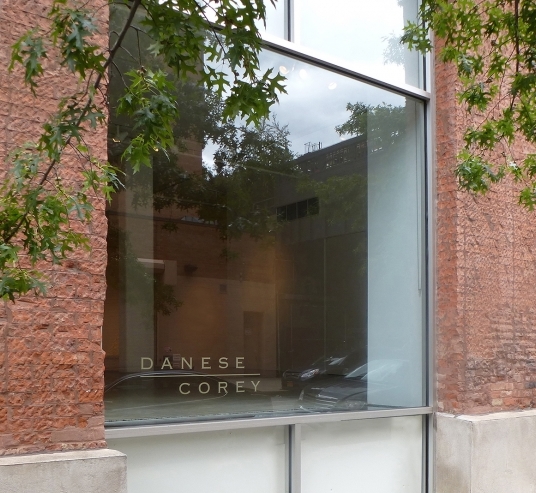Online vs. brick and mortar
Following up on my last post, about Artsy, at ArtSlant there’s an interesting rumination on whether online exhibitions of art can ever replace the experience of seeing work in a physical space. I think it’s a misunderstanding of what Artsy is attempting to do. It might occasionally enable people to give up brick-and-mortar exhibitions, but that isn’t the point. It’s more of an attempt to enable people to find exactly what they want in art and then track it down in the physical world, if they like. It doesn’t appear to me that Artsy is trying to replace galleries and museums, but rather give people a way to connect more effectively with them. You can read “Do We Need Galleries Anymore” here at ArtSlant. The writer also mentions Walter Benjamin’s views on the “aura” of a work of art, which can be encountered only by being in the presence of the work itself, but in my reading of Benjamin, it seemed that he was quite happy to see the artwork’s spurious (in his view) “aura” disappear in favor of mass access to art, through mechanical reproduction. So he would support online exhibitions and access, and be pleased to see galleries disappear. He was basically a Marxist who recognized that the art business was a mainstay of capitalism: reproduction of works would make them accessible to anyone, regardless of income. I like the notion of making art accessible to anyone, but that doesn’t mean that the original would lose its value, neither in its “aura” nor in its economic value. John Berger was dreaming when he took Benjamin’s view and went on to say that “the modern means of production have destroyed the authority of art. For the first time ever, images of art have become ephemeral, ubiquitous, insubstantial, available, valueless, free.” Digital images of them have achieved that status, but not the work itself. In other words, everybody wins: those who want to see the work but can’t afford to do that in person, or own it, and those few who can own the original as well.

Comments are currently closed.